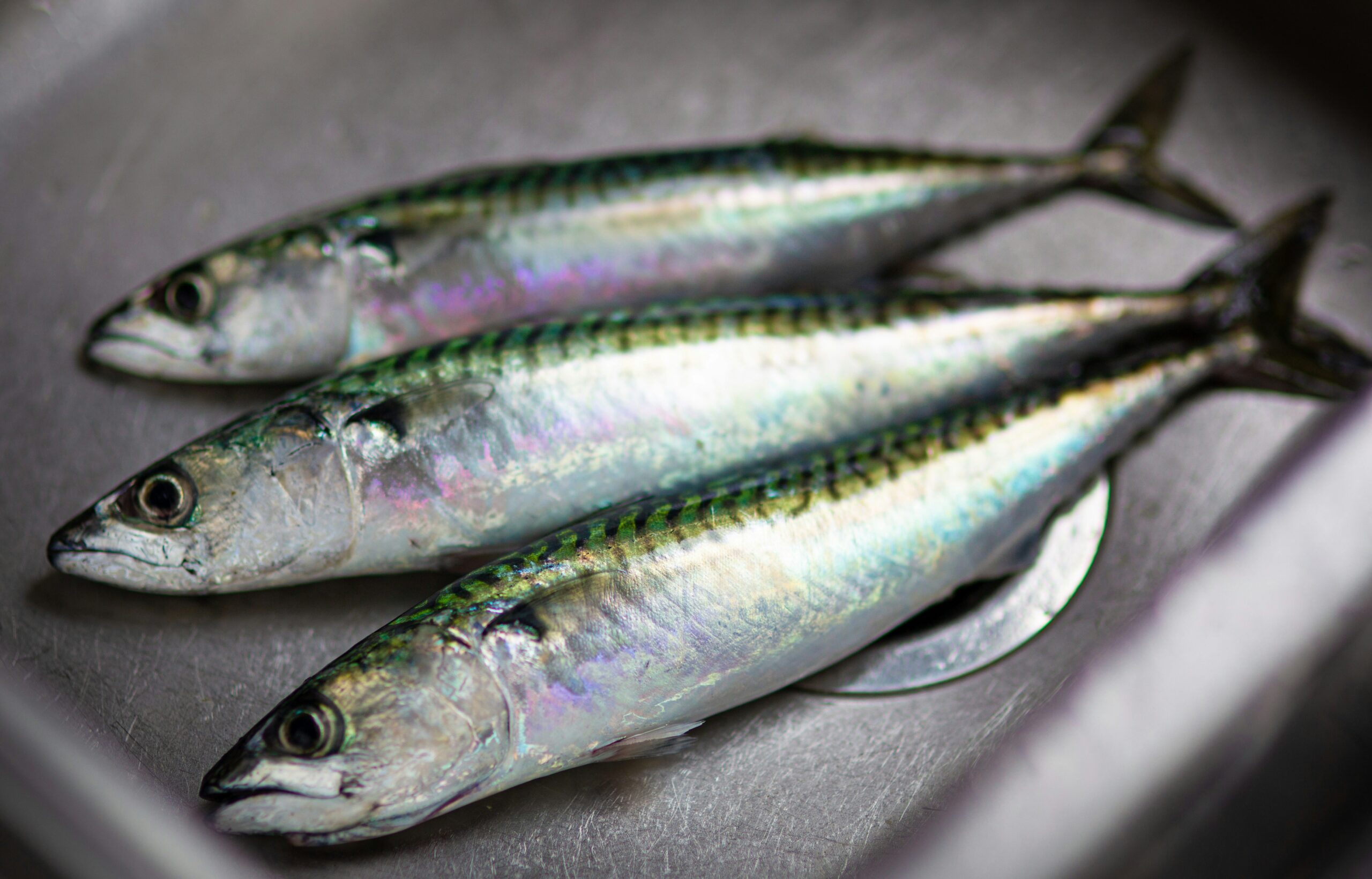Photo by Ben Wicks
The North East Atlantic Fisheries Commission’s annual meeting has ended in deadlock after most members rejected EU proposals to set mackerel and blue whiting quotas in line with scientific advice, raising fears of continued severe overfishing.
The meeting, held in London from 11th to 14th November, failed to reach comprehensive agreements for the region’s largest pelagic fisheries, leaving no total allowable catches confirmed for mackerel or blue whiting for 2026.
Despite scientific warnings that mackerel stocks have fallen below minimum sustainability levels, most NEAFC members opposed the EU’s proposal to set the total allowable catch for mackerel in line with ICES scientific advice. The EU warned that this opposition will lead to severe overfishing of the stock.
In October, the International Council for the Exploration of the Sea advised that catches of mackerel should be reduced by 77% compared to the previous year if the species is to recover, meaning a total catch limit of no more than 174,357 tonnes.
The UK joined most other coastal states in voting down the EU proposal. Clare Brook, chief executive of the Blue Marine Foundation, said: “This is an embarrassing decision by the UK Government. It is notable that the European Union proposed to follow scientific advice while the UK, and others, have chosen to favour short-term profiteering over scientific, ecological and economic sense. After 10 years of mismanagement of the largest fishery in the north-east Atlantic, it is pitiful to see the same mistakes being made, leading to another collapsing stock.”
Since 2010, international quotas have overshot scientific advice every single year by an average of around 40%. The stock has crashed by approximately 77% since 2015, and scientists are now warning that continued inaction risks pushing the species beyond a point from which it can recover.
Hannah Rudd, Head of Marine at the Angling Trust, said: “This decision is another devastating blow for the future of mackerel and the health of our seas. Recreational anglers have witnessed the decline firsthand, and without urgent action to follow scientific advice, we risk losing one of the UK’s most iconic species to industrial greed and political inaction.”
The meeting also failed to achieve a sharing arrangement for blue whiting, a stock already deemed severely overfished. This deadlock occurred despite the EU’s proposal to strictly adhere to scientific advice for this vulnerable species.
The EU pelagic industry described the meeting as exposing a system “deeply flawed” and increasingly shaped by geopolitical manoeuvring rather than responsible stock management. According to industry representatives, negotiations between the EU, UK, Norway, Faroe Islands, Greenland and the Russian Federation quickly deteriorated, with parties “cold-shouldering” each other and slipping into political gamesmanship.
Tim Heddema, spokesperson for the EU pelagic fishing industry, said: “Fisheries management in the Northeast Atlantic is at a crossroads. Do we keep fighting small battles – with sometimes huge consequences – on several different battlegrounds? Will parties stay entrenched in positions that only they feel are justified? Neither fish stocks nor fleets, certainly not the EU’s, have benefited from current practices, which have also been fraught with geopolitical tensions. It seems the time has come to take a fresh look at the entirety of our relations and interests and on how a management body like NEAFC can support our cooperation.”
The meeting also ended without support to ban transhipment – the practice of transferring catch between vessels at sea – despite EU efforts to combat illegal, unregulated and unreported fishing.
NEAFC’s press release confirmed that “the agreements for the pelagic stocks were not comprehensive, given allocations of the Total Allowable Catch to each Contracting Party had not been set out for 2026 and agreements on blue whiting and mackerel are delayed for further consultations between coastal states.”
A Defra spokesperson said the UK had voted against the measure at the meeting, along with other parties, as the total allowable catch should first be agreed at separate “coastal states” consultations and then a measure agreed within NEAFC to cover mackerel in international waters in 2026. The spokesperson added: “All parties, including the EU, are aware that the total allowable catch for mackerel must be agreed first at the Coastal States consultations. The UK is committed to establishing the sustainable management of mackerel and other stocks through the correct procedures.”
NEAFC, which includes the European Union, Norway, Iceland, the Russian Federation, the UK and Denmark on behalf of the Faroe Islands and Greenland, is the regional body responsible for adopting management and control measures in the Northeast Atlantic.
